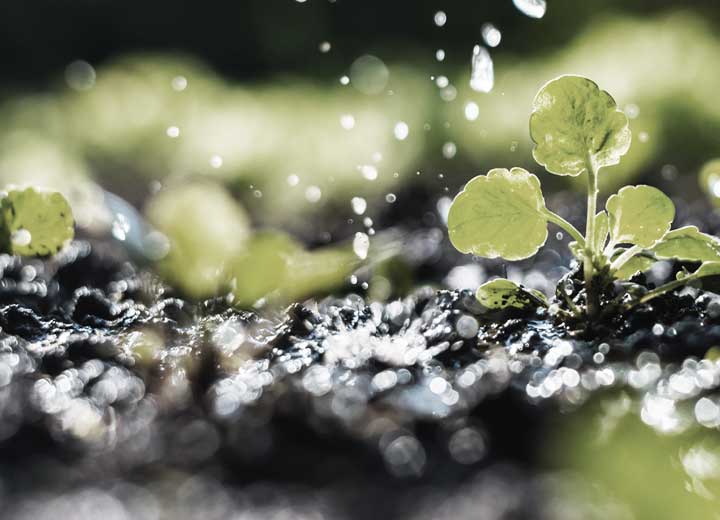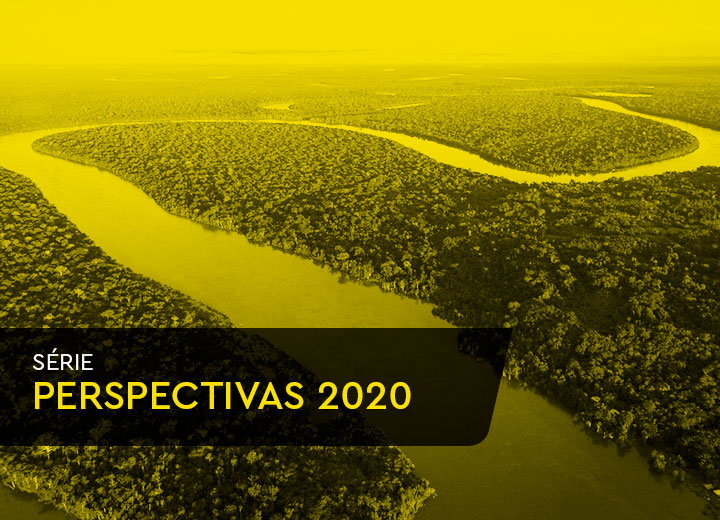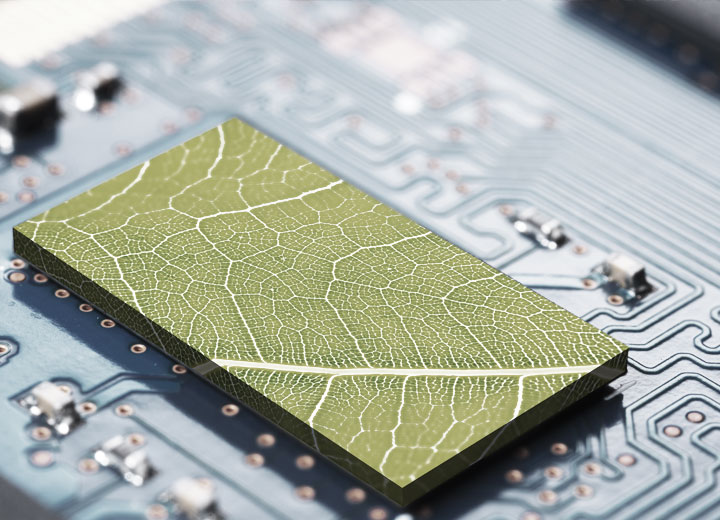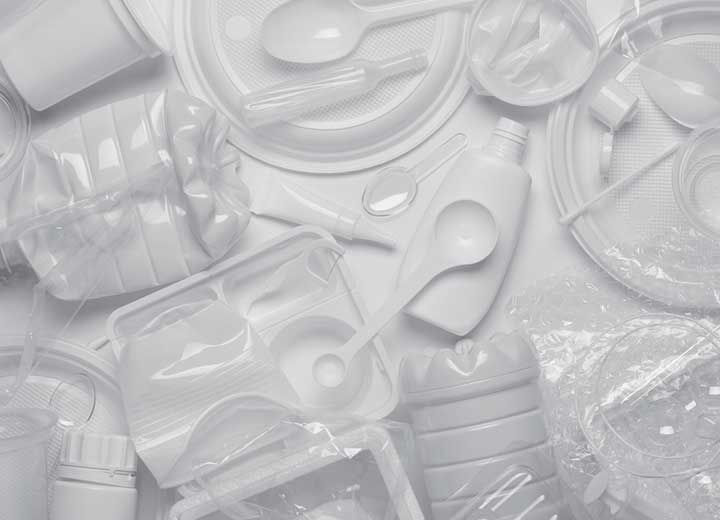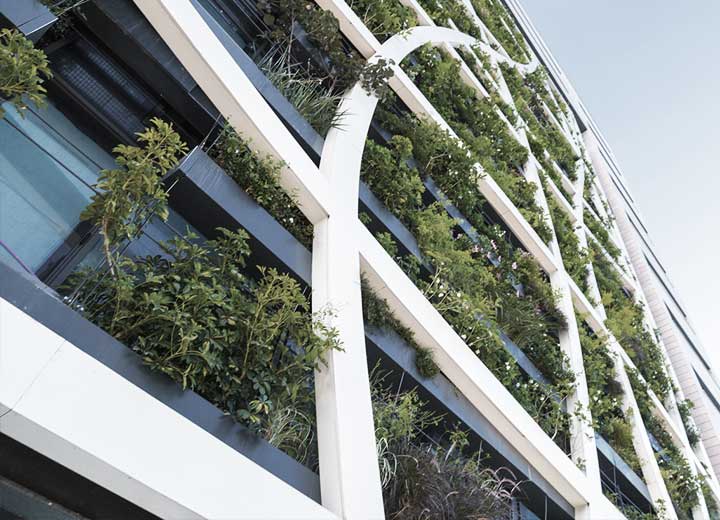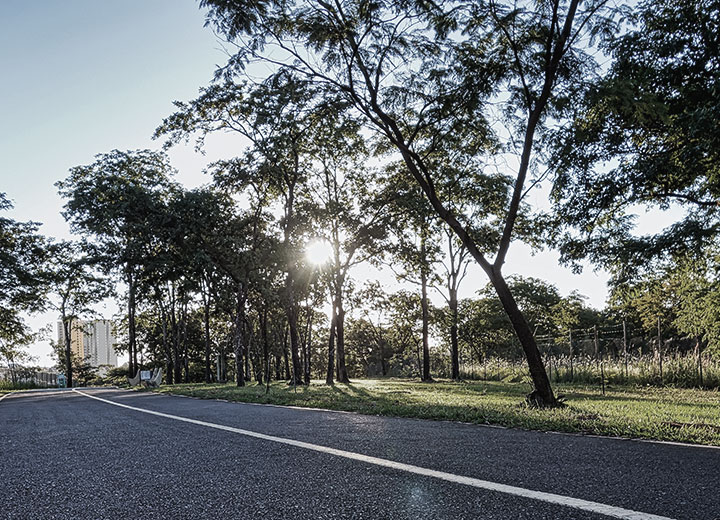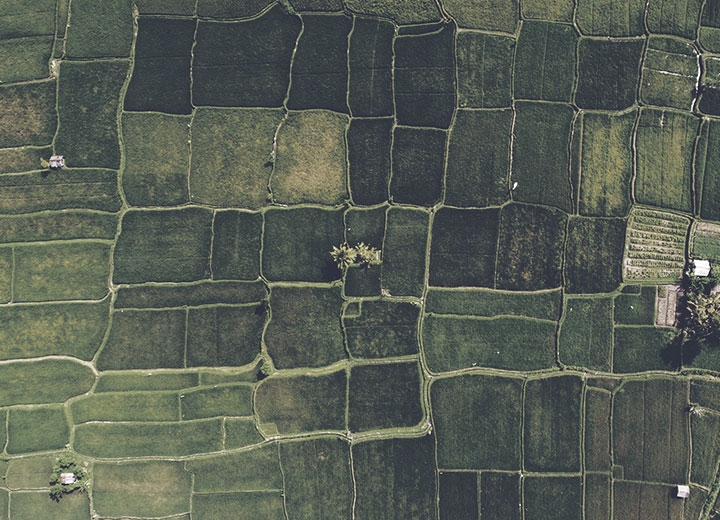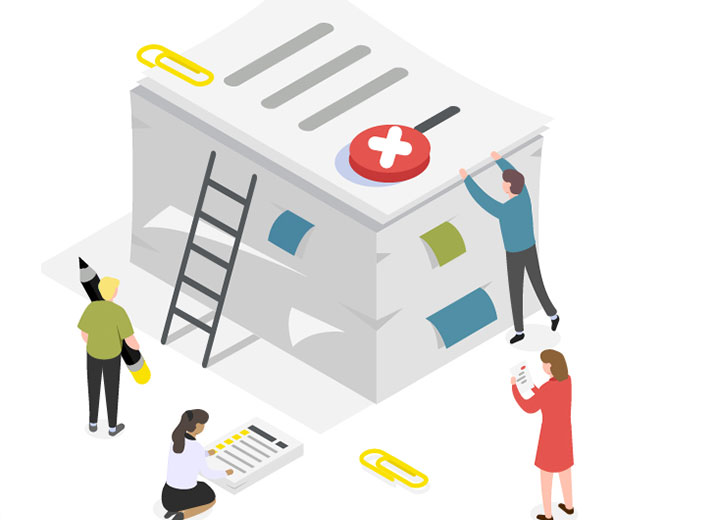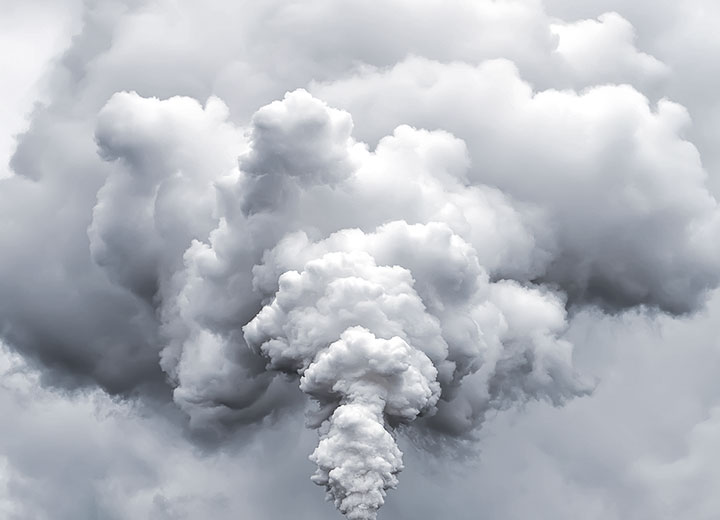Environmental
Draft of the new decree, under discussion until April 4, intends to update the regulation of legislation relating to seeds to the latest technologies and market realities.
In addition to the federal environmental agency (Ibama), state and municipal agencies have temporarily canceled in-person services, which should have an impact on licensing, authorizations, approvals, and inspections.
The year 2019 was marked by great uncertainties and numerous challenges for Brazilian environmental law. Changes and legislative developments and events throughout the year have generated various demands, actions, and business opportunities in relation to various topics, such as mining and dams, climate change, fires and deforestation, solid waste, environmental licensing, and economic development with sustainability.
Joint Normative Instruction (IN) No. 2/20, published on January 29 by the Ministry of the Environment (MMA), the Brazilian Institute of Environment and Natural Resources (Ibama), and the Chico Mendes Institute for Biodiversity Conservation (ICMBio), brought in new regulations on the federal administrative procedure for investigating administrative environmental violations. The standard seeks to consolidate administrative procedures at Ibama and ICMBio, repealing prior instruments.
Federal Decree No. 10,240/20, published in February, implements the reverse logistics system for electronic products and their components for domestic use. The regulation was expected, since important players in the marketing cycle of these products, especially the retail sector, had not adhered to the industry agreement on the subject signed on October 31, 2019. At the time, various sectors assumed obligations before the public authorities to implement appropriate reverse logistics of waste arising from the market of electrical and electronic products and their components, on a voluntary basis, due to the contractual nature of the agreement.
After the entry into force of Law No. 17,110/19, which prohibits the supply of plastic straws, Law No. 17,261/20, which prohibits the distribution of plastic disposables in commercial establishments in São Paulo starting next year, was passed on January 13.
The practice of environmental law attorneys, whether advisory or focused on litigation, has been gaining prominence in times of growing interest and intense media coverage of events that cause impacts on the environment. Influenced by this trend, law firms themselves have begun to assess the sustainability of their internal structures and policies.
Cetesb (São Paulo State Environmental Company) approved new procedures for the incorporation of reverse logistics in the state environmental licensing process, by means of the Board Decision (DD) No. 114/2019/P/C, published on October 25th of this year. The rules enter into effect in November, 30 calendar days after the date of publication.
Executive Order (MP, in its abbreviation in Portuguese) No. 884/19, converted into law last October 17th, amended the Forest Code (Law No. 12,651/2012) so as to provide that registration in the Rural Environmental Registry (CAR) shall be mandatory for all rural properties and holdings.
One of the most important changes brought about by Federal Law No. 13,874/19, known as the Economic Freedom Law and arising from the conversion into law of Executive Order No. 881/19, is the waiver of prior licensing for the exercise of economic activities defined as being “low risk." Subsection I of article 3 of the law provides for the possibility of waiving the presentation of prior licenses, authorizations, registrations, or permits for the regular operation of low-risk economic activities that may be performed by any individual or legal entity essential to Brazil’s development and economic growth.
In an extra edition of the Official Federal Gazette of September 20, Law No. 13,874/19 was published, establishing the Declaration of Rights of Economic Freedom, arising from Executive Order No. 881. Although the law does not explicitly mention its application in environmental law, we must understand that this is a transdisciplinary branch and permeates the discussion of various other areas. For this reason, the Economic Freedom Law will also be applied in environmental issues.
If viewed as a country, the international civil aviation sector would have the world's 20th GDP but would be among the top ten polluters, with over 2% of global greenhouse gas emissions. It is a significant and rapidly growing environmental impact, with consequences not only for accelerating climate change, but also for the image of the sector in the public eye.
